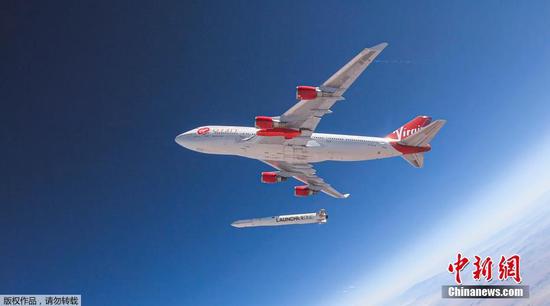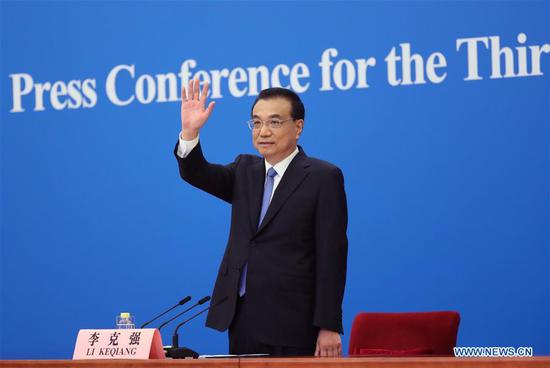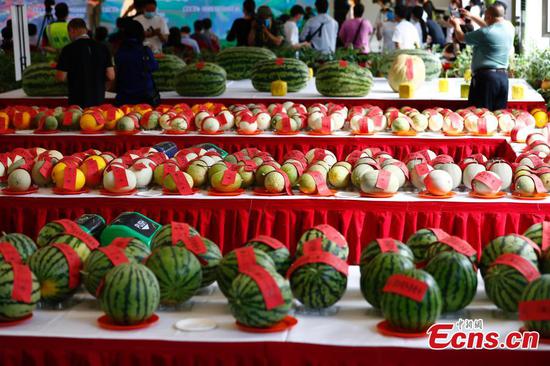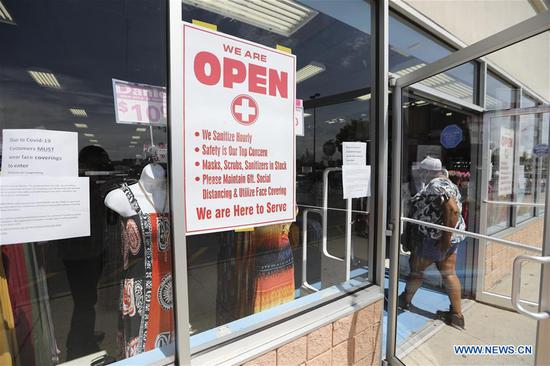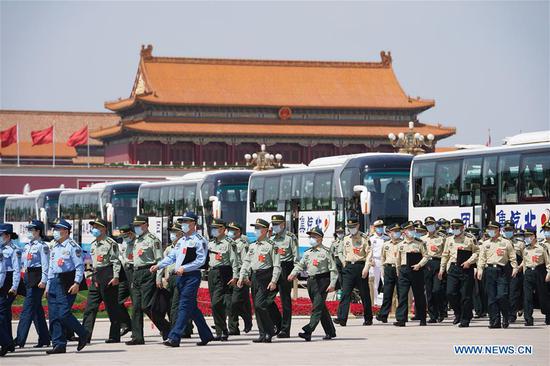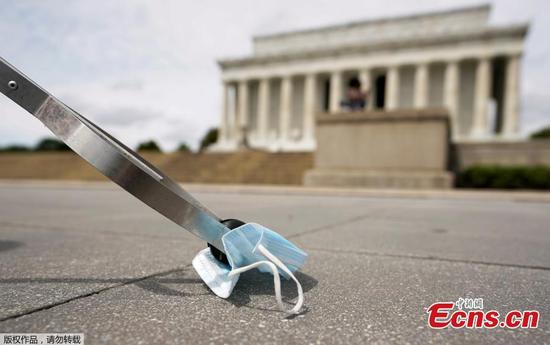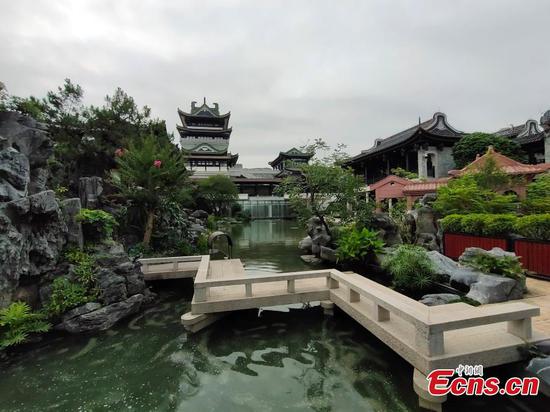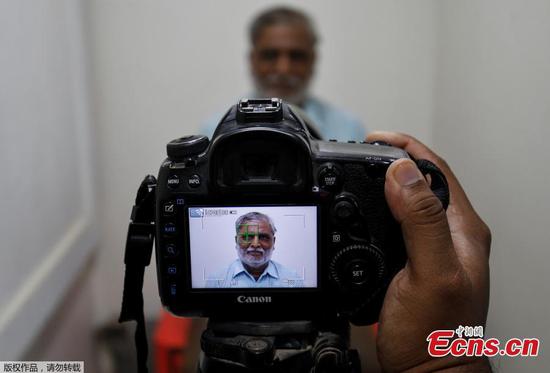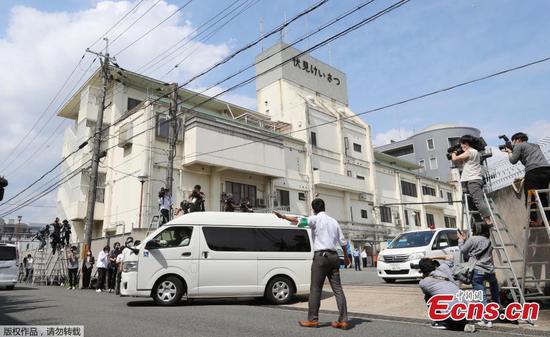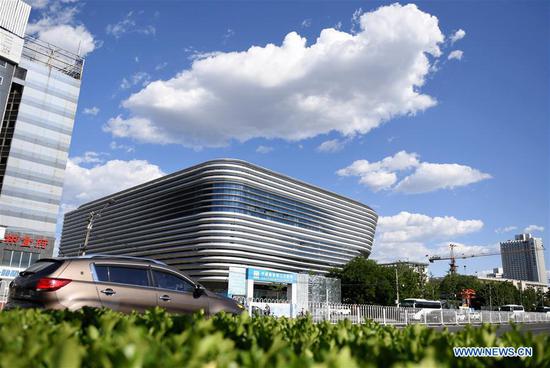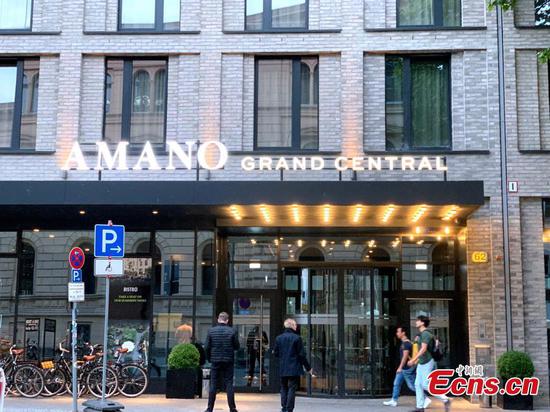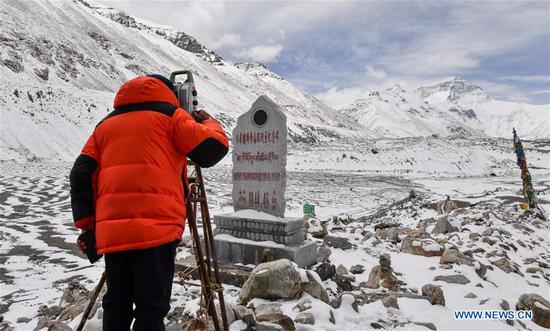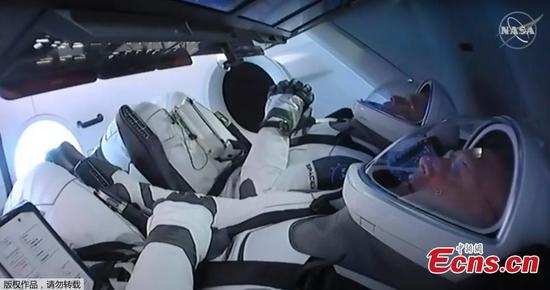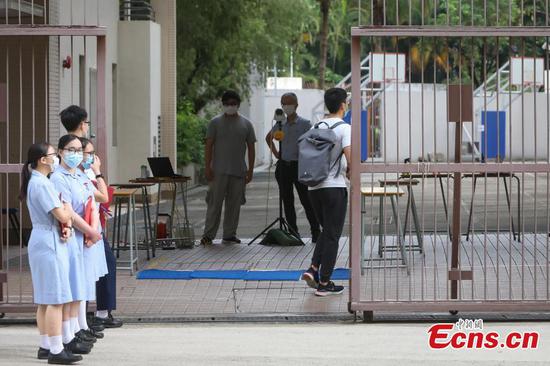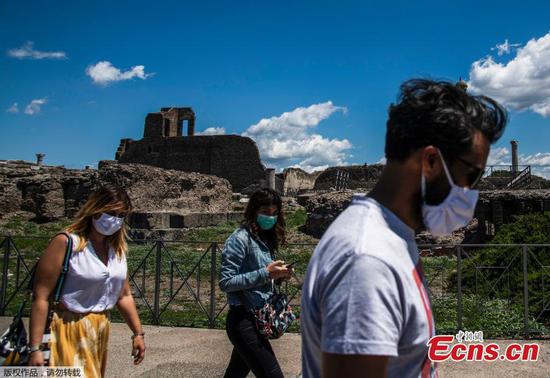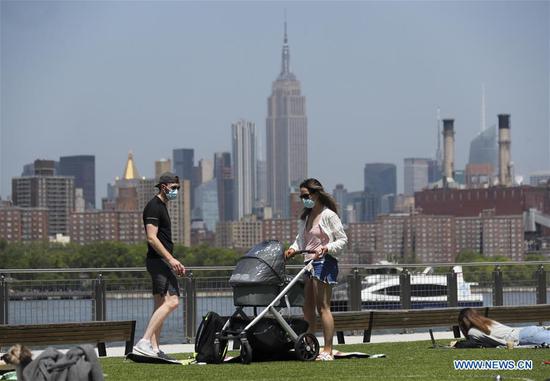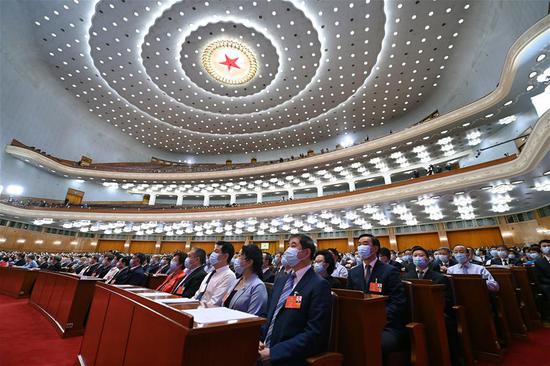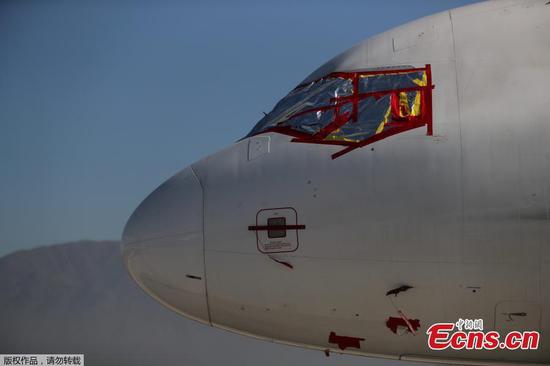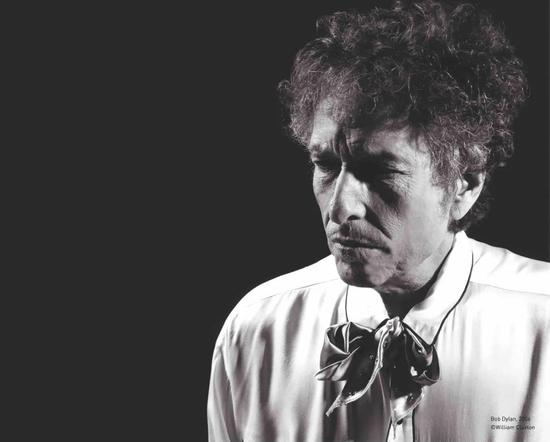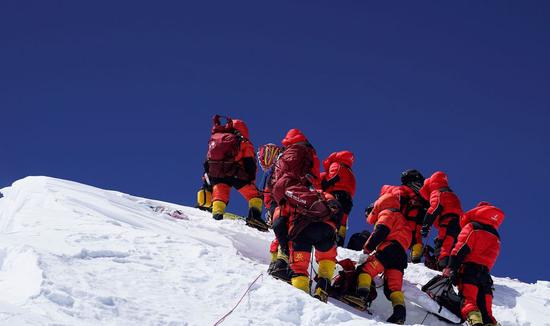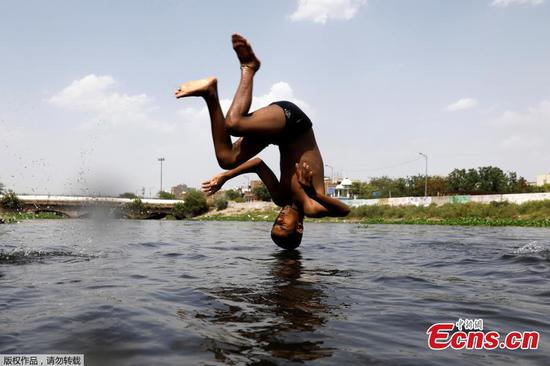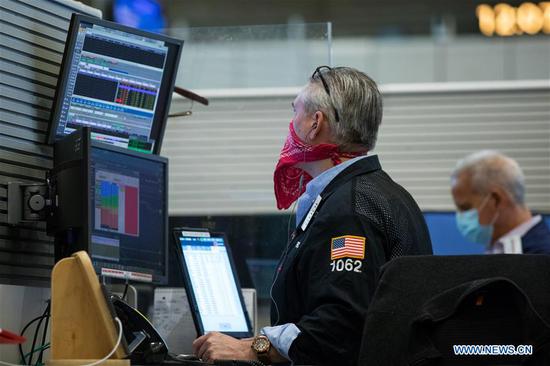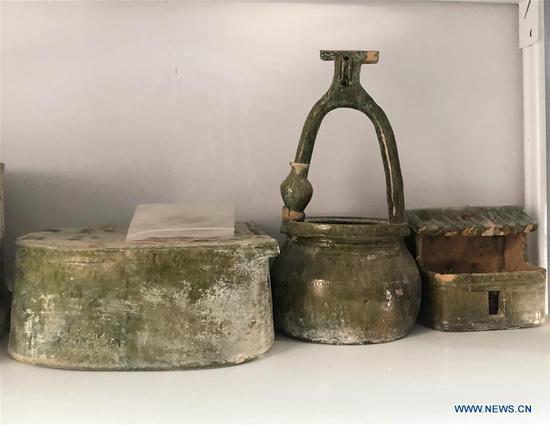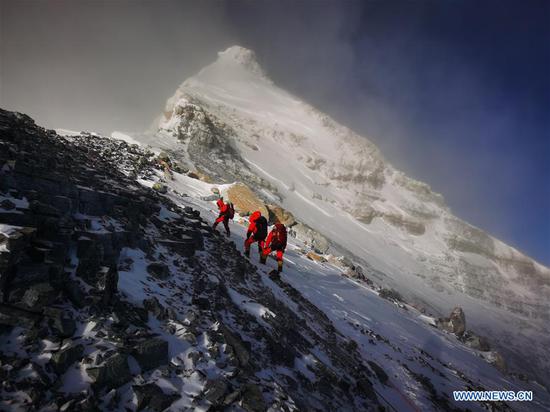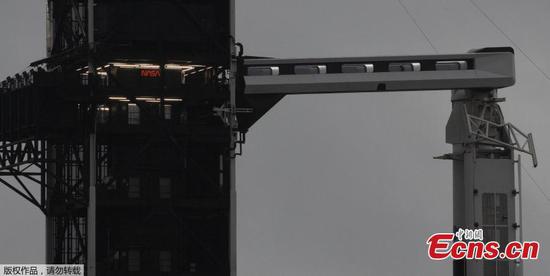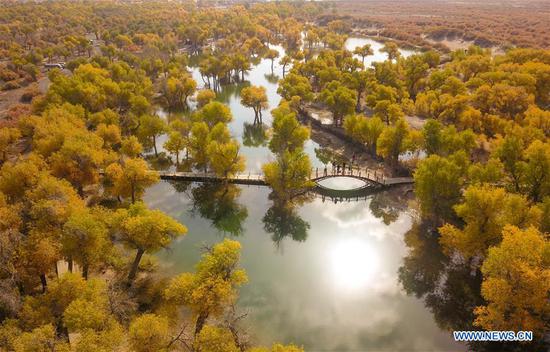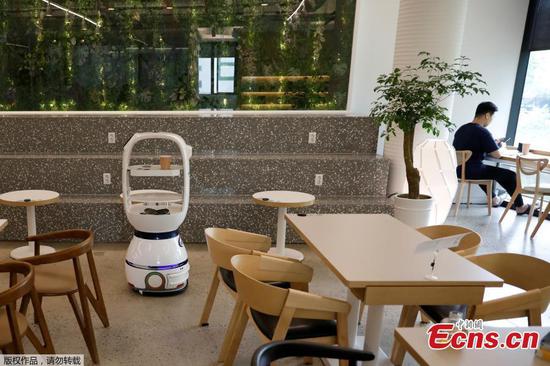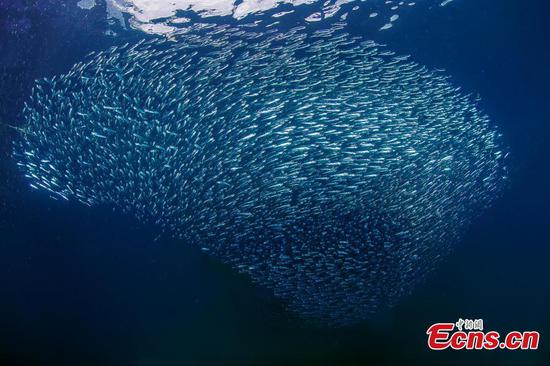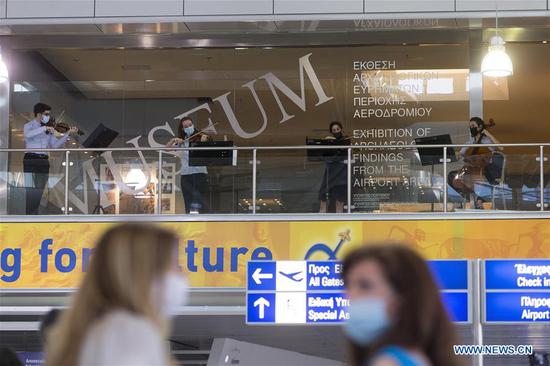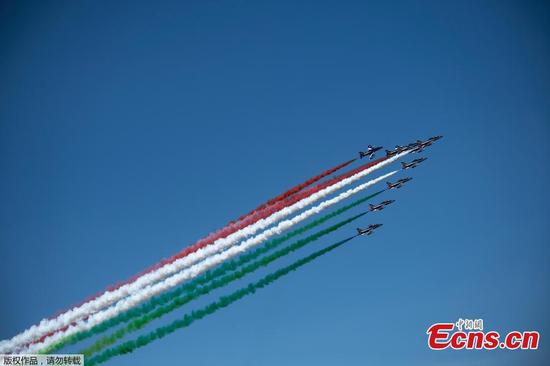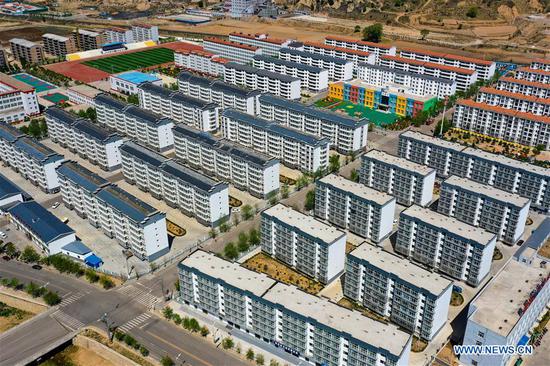
Chinese medical supplies arrive in Jakarta, Indonesia, on March 26. [Photo/Xinhua]
Great unification
The Confucian concept of dayitong means a common pursuit or respect for unity. Traceable to Confucius, Mencius and other philosophers, it was elaborated on by the philosopher Dong Zhongshu (179-104 BC).
From the Han Dynasty (206 BC-AD 220) onward, ancient China saw its most prosperous period, in which the benefits of Confucian civilization were spread to the rest of the world.
Yu Zhiping, philosophy professor at Shanghai Jiao Tong University, said,"This influence can still be felt in China today, which is helping the Chinese people win the coronavirus war.
"The dayitong concept, which still influences Chinese political culture, has made such an unprecedented mobilization of nationwide resources possible."
Since a lockdown was enforced in Wuhan on Jan 23, unparalleled nationwide mobilization efforts have been made to combat the pandemic.
Two days later, under President Xi Jinping's command, a central leading group on epidemic response, headed by Premier Li Keqiang, was established. On Jan 27, a central working group led by Vice-Premier Sun Chunlan was sent to oversee work in Hubei.
On Feb 10, the National Health Commission launched an assistance plan, with 19 provinces providing support to cities in Hubei.
According to official data, some 43,000 medical workers risked their lives to help the province.
Two makeshift hospitals-Huoshenshan and Leishenshan, with a total capacity of 2,600 beds-were quickly built and started treating COVID-19 patients in early February.
Following the efforts made in Wuhan, most cities nationwide adopted strict measures to minimize the movement of people.
Canadian political science professor Daniel A. Bell said that with the experience gained in fighting SARS, Chinese people know that when social order faces a severe threat, a strong, collective and efficient government is needed to take decisive action.
Bell, dean of the School of Political Science and Public Administration at Shandong University and professor at Tsinghua University, made the comments in a recent interview with the website of the Communist Party of China's Central Commission for Discipline Inspection.
A global crisis perception index released last month by social research agency Blackbox Research and consumer intelligence platform Toluna supports Bell's assessment. It found that China had the highest-rated leadership among 23 nations, with the country scoring 85 points out of 100.
Conducted over 16 days from April 3, respondents were asked to rate their countries through four key indicators: national political leadership, corporate leadership, community and media.









